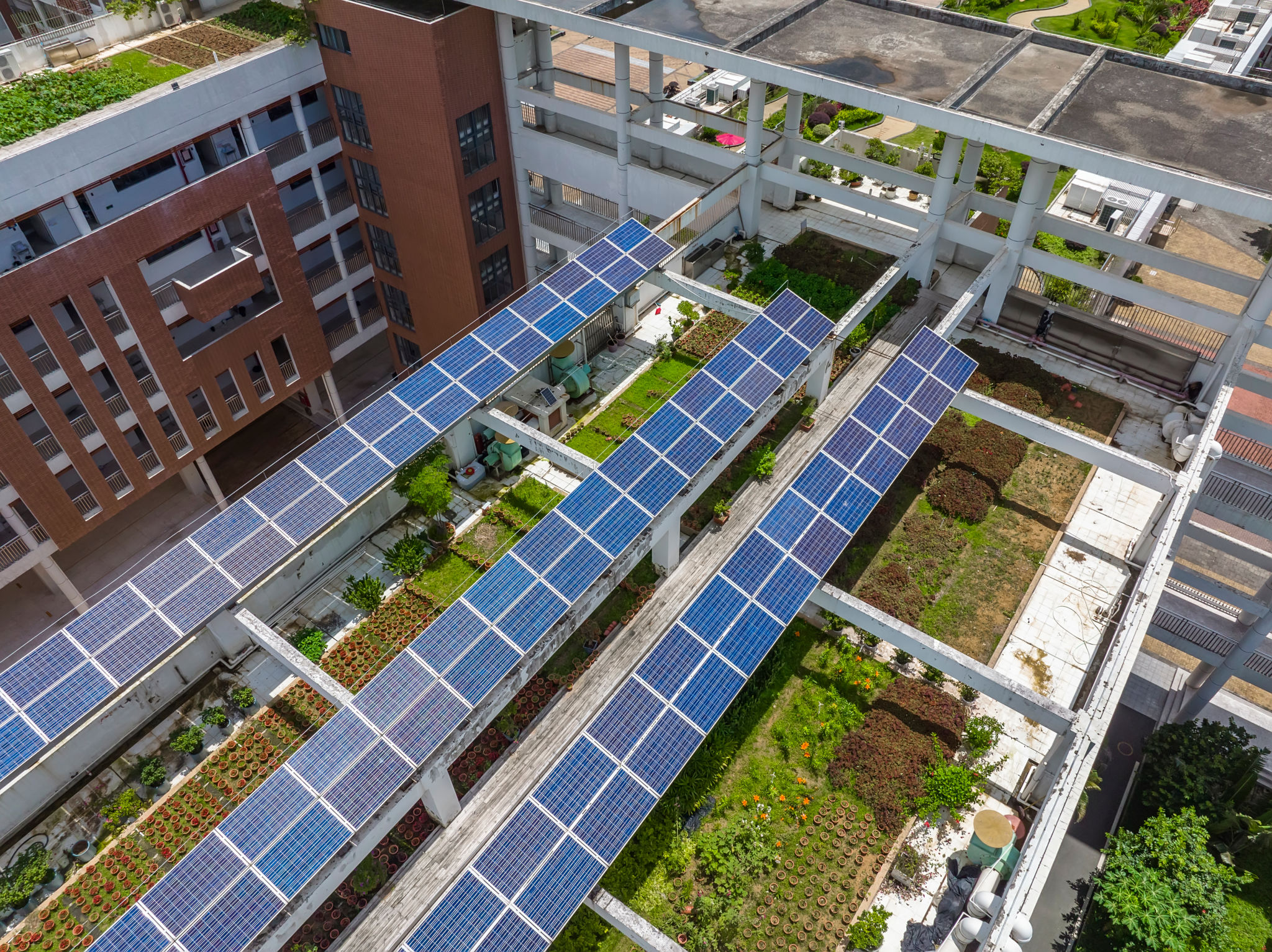The Role of Solar Energy in Improving Educational Opportunities for Nigerian Children
Introduction to Solar Energy in Education
Access to reliable electricity is a significant challenge in many parts of Nigeria, especially in rural areas. This lack of electricity hampers educational opportunities for children, as schools often struggle with inadequate lighting and the inability to use electronic educational tools. Solar energy offers a promising solution to these challenges, providing a sustainable and cost-effective way to power schools.

The Impact of Solar Energy on Learning Environments
Implementing solar energy systems in schools can dramatically improve the learning environment. With consistent power supply, schools can extend their teaching hours beyond daylight, allowing students to study in the evenings. Additionally, solar-powered schools can utilize computers, projectors, and other digital tools that enhance the learning experience.
Moreover, solar energy reduces the dependency on generators, which are not only expensive due to fuel costs but also harmful to the environment. By embracing solar energy, schools can allocate more resources towards educational materials and infrastructure improvements.
Enhancing Educational Resources
With reliable electricity through solar energy, schools can access digital educational resources and the internet. This access opens up a world of information, providing teachers and students with up-to-date materials and interactive learning experiences. It enables participation in online courses and global educational programs, which can significantly broaden their educational horizons.

Case Studies of Success
Several Nigerian schools have successfully integrated solar energy into their operations. For instance, some rural schools have reported increased attendance rates and improved academic performance following the installation of solar panels. These case studies illustrate the transformative power of solar energy in education.
By reducing energy costs, schools can invest in better teaching staff and facilities, further enhancing the quality of education provided. This holistic improvement helps prepare students for future challenges and opportunities.
Community Involvement and Awareness
Implementing solar energy in schools also encourages local communities to embrace sustainable practices. As schools become beacons of innovation and progress, they inspire surrounding communities to adopt solar energy solutions for homes and businesses. This ripple effect promotes environmental awareness and sustainability across regions.

Challenges and Solutions
While the benefits of solar energy are evident, there are challenges to its widespread adoption. Initial installation costs can be high, and there may be a lack of technical expertise for maintenance. Nevertheless, partnerships with government agencies, NGOs, and private sectors can provide funding and technical support to overcome these barriers.
Additionally, training programs for local technicians can ensure sustainable maintenance and operation of solar systems. These measures will help establish a robust infrastructure that supports long-term educational growth.
The Future of Solar Energy in Nigerian Education
The role of solar energy in improving educational opportunities for Nigerian children is pivotal. As technology advances and costs decrease, more schools will likely adopt solar power solutions. This transition not only supports education but also contributes to Nigeria's broader goals of sustainable development and economic growth.
By prioritizing solar energy in education, Nigeria can set an example for other developing countries facing similar challenges. The potential for transformation is immense, promising a brighter future for generations to come.
